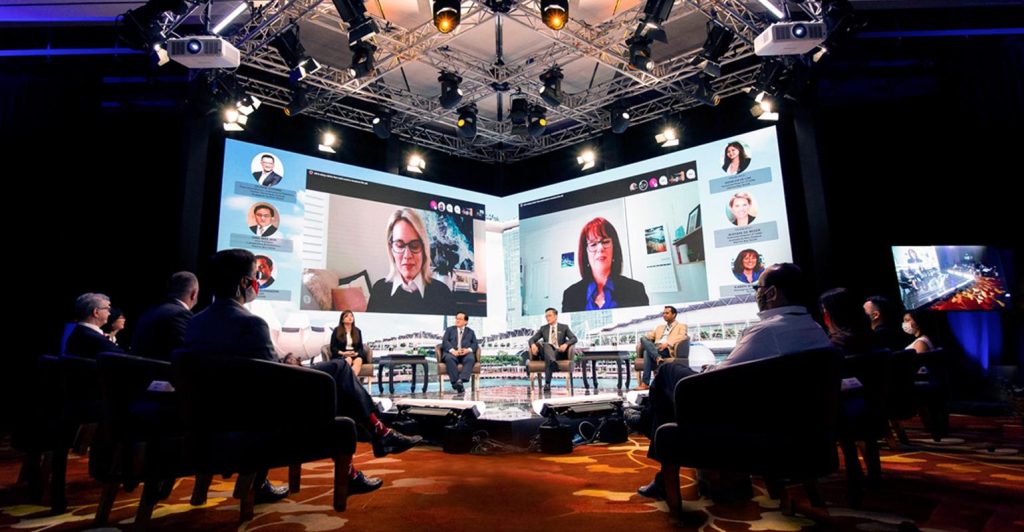Understanding the Benefits of Corporate Retreats:
A corporate retreat is not merely a getaway for your employees; it’s an opportunity to reinforce the company’s culture and values, communicate long-term visions, and encourage greater collaboration. Taking place in a serene, yet invigorating environment, these retreats inspire creativity and foster a sense of camaraderie amongst employees.
In today’s high-stress work environment, prioritizing the mental well-being of employees through a retreat can fuel their motivation and productivity. Moreover, these retreats offer employers a more intimate understanding of their team dynamics and individual preferences, further enabling them to create a healthier and more engaging workplace.
Guidelines for Effective Retreat Planning:
The success of a corporate retreat largely depends on its appeal to diverse individuals with varying responses to stimuli. The activities and sessions should align with the retreat’s objectives, whether they’re team bonding, strategic planning for the upcoming year, or brainstorming for innovative projects. Furthermore, the chosen venue must be capable of hosting your planned activities and comfortably accommodating all attendees.
Retreats with a focus on team building often feature physical activities and trust-building exercises. However, there are other retreats organized in hotels, combining professional conference rooms with socializing spaces like restaurants and bars.
Taking into account the comfort and preferences of employees is critical. While challenges are stimulating, they should not cross boundaries of physical exertion or past traumas, preventing participation. Activities should be inclusive and engage a wide range of interests.
Costs, of course, play a significant role in planning corporate retreats. Comparing packages offered by dedicated corporate retreat venues with those of other appealing locations can lead to considerable savings. Remember, some venues include activities within their package, while others provide only space, leaving you to arrange the activities and required resources independently. A helpful tip is to plan your retreat during the off-season, enabling savings on flight and accommodation expenses.
Innovative Corporate Retreat Ideas for 2023:
- Hiking or Nature Walks:
Shifting away from the usual corporate setting, a hike offers an opportunity for colleagues to engage in casual conversations while enjoying the serenity of nature. - City Bike Tours:
Bike tours offer an exciting exploration of cities equipped with dedicated bike lanes. Bike rental facilities and predetermined routes facilitate these tours. - Department-Specific Planning Meetings:
Each department should have an exclusive session to discuss their individual goals, strategies, and innovative ideas. - All-inclusive Meeting:
A combined meeting for all departments can ensure a comprehensive understanding of the company’s overarching goals and strategies. - Inviting Individual Talks:
Encourage department heads or team leaders to prepare a short presentation relevant to the retreat’s objectives, like avoiding burnout, improving efficiency, or enhancing communication. - Team Competitions:
Creating cross-functional teams to participate in a tournament involving physical or mental challenges can enhance bonding among coworkers. - Employee-hosted Events:
Allow employees to conduct an activity they’re passionate about. This could include anything from Dungeons & Dragons, cooking, yoga, or a unique sport, enabling team members to share their interests and hobbies. - Scavenger Hunt:
A scavenger hunt or an escape room challenge can stimulate creative thinking and teamwork. - Retreat Swag:
Create excitement with branded items like t-shirts, hats, or water bottles, establishing a unique retreat identity. These items also serve as mementos, reminding your team about the retreat’s experiences. - Daily Feedback Sessions:
Feedback is essential to improve future retreats. Instead of waiting for the end of the retreat, collect feedback daily when memories are fresh and any concerns can be addressed promptly. - Post-retreat Staff Feedback:
Survey staff after each activity and at the end of the retreat to understand their experiences better. This feedback can contribute significantly to the planning of more effective and enjoyable retreats in the future. The survey could include questions on the venue’s accessibility, the stimulation level of each activity, the overall enjoyment, and any positive changes noticed amongst coworkers.













